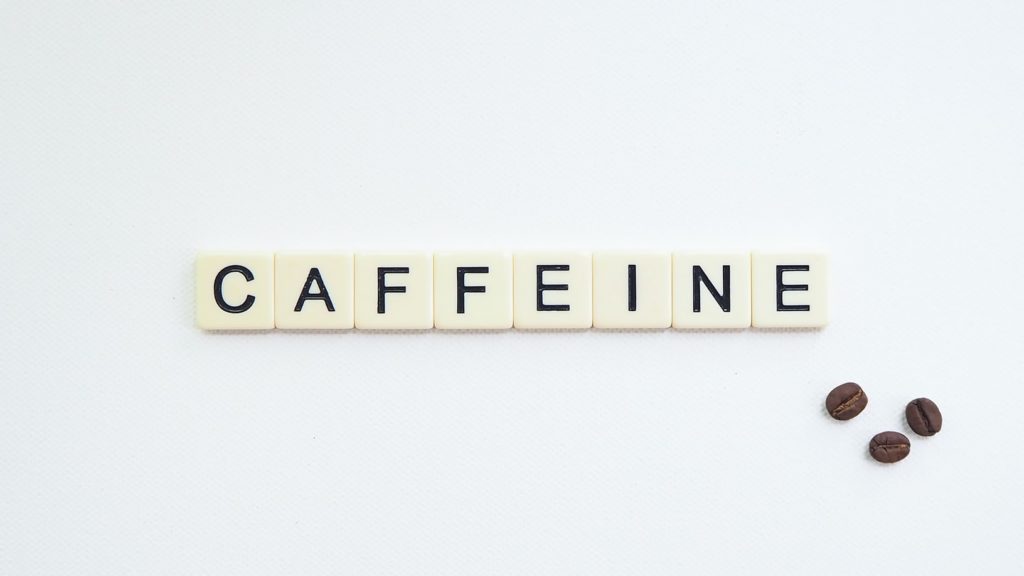Coffee and Tea and Soda, Oh My!

Physical Effects of Caffeine
Though it provides no nutritional value, caffeine certainly makes its presence known to your body. Acting as a stimulant to the central nervous system, caffeine narrows the blood vessels surrounding your brain and selectively blocks the activity of adenosine, a substance in the brain that quiets electrical activity and regulates sleep and movement.
There are positive’s and negative’s of caffeine. A product found in kola nuts, cocoa and coffee beans caffeine can improve concentration and make you feel more awake. It constricts the blood vessels surrounding your brain by more than 25 percent and raises your heart rate, sometimes leading to harmful heart palpitations.
Benefits to Caffeine Consumption
Of the 85 percent of Americans who consume at least one caffeinated beverage per day, 96 percent comes from coffee, tea, or soft drinks. People whose work requires sustained vigilance for tedious or boring tasks are more impacted by caffeine in their system when they’re rested than if they’re sleep-deprived.
Though more research is necessary, caffeine consumption is linked to other benefits including:
- Improved glucose tolerance
- Weight loss
- Reduced risk of type II diabetes
- Lower incidence of Parkinson’s disease
- Improvement in symptoms of Parkinson’s
- Reduced risk for cancers
Caffeine Addiction
Unlike substances such as nicotine and opioids, becoming a heavy drinker of caffeine products rarely carries the stigma of addiction.
When your use of caffeine goes from enjoyment to necessity, it’s worth some self-reflection. Caffeine dependency develops quickly because the chemical changes that occur in your brain are sustained during beverage consumption. Like other addictions such as alcohol, your tolerance for caffeine rises, which means you need to raise the volume to feel more awake and maintain alertness.
The reason caffeine gets a pass while other substances are highly regulated or outlawed has to do with the areas of the brain that are affected. When you consume caffeine you get a dopamine surge, but the use of cocaine or amphetamines acutely stimulates the part of the brain affecting reward and motivation. This difference keeps caffeine addiction from being considered a substance use disorder. Like drug addiction, drinkers build a dependence on caffeine and an abrupt cessation of caffeine induces withdrawal symptoms.
For healthy adults, a daily intake of caffeine that doesn’t exceed 400 mg; approximately four cups of coffee or 10 cans of coke; is relatively safe. Taking two “energy shot” drinks per day falls within those guidelines as well, but keep in mind you may not be aware of the amount of caffeine in your favorite drinks.
Watch for signs you may need to cut back, including:
- Drinking more than four cups of coffee per day
- Side effects such as headaches, irritability, or muscle tremors
- Getting jittery from small quantities
- Sleeping issues
Anyone who relies on a cup of coffee in the morning can already describe its benefits but waking up to the possibility you need to downgrade that venti to a tall size might be a good idea. Whether it’s drip, Keurig, or comes straight from a can, the percolating effects of caffeine can be helpful or harmful, depending on how much you consume.
